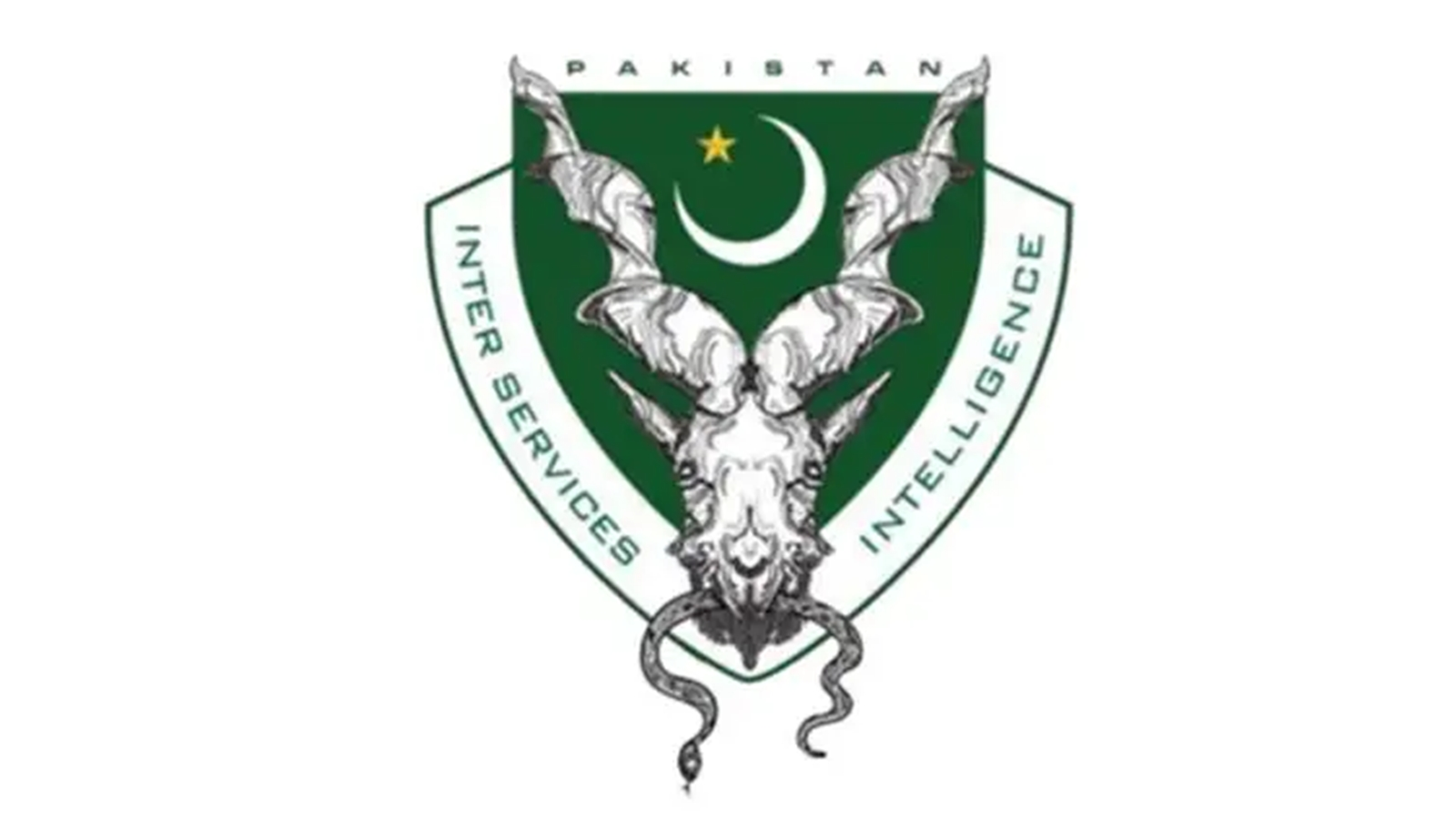ISI Given Unchecked Power to Intercept Calls Raises Concerns in Pakistan

ISI Given Unchecked Power to Intercept Calls Raises Concerns in Pakistan
Introduction: In a controversial move, the Pakistani government has granted extensive surveillance powers to the Inter-Services Intelligence (ISI), the country’s military-run intelligence agency. This development has sparked widespread concerns about the implications for privacy, freedom of speech, and journalistic freedom in Pakistan.
Details of the New Powers: Recently authorized by the Pakistani government, the ISI now has the legal authority to trace and intercept calls, as well as monitor messages, under the pretext of national security. This decision significantly expands the agency’s capabilities in surveillance operations within the country.
Impact on Freedom of Speech: Critics argue that these enhanced surveillance powers could severely curtail freedom of speech in Pakistan. Journalists, already operating under challenging conditions, face increased risks to their safety and independence. The recent spate of journalist killings, with seven reported deaths this year alone, underscores the dangers faced by media professionals in the country.
Concerns about Privacy: The move also raises serious concerns about the right to privacy among Pakistani citizens. With the ISI empowered to intercept communications without stringent oversight, there is apprehension that personal privacy could be compromised, leading to potential misuse of collected data.
International Reaction: Internationally, human rights organizations and advocacy groups have voiced alarm over Pakistan’s trajectory towards increased surveillance. They emphasize the importance of safeguarding fundamental freedoms and ensuring that any security measures implemented respect international human rights standards.
Government Justification: In defense of the decision, Pakistani authorities argue that these measures are necessary to combat terrorism and maintain national security in a volatile region. However, critics contend that such broad powers without adequate checks and balances could be easily abused, undermining democratic principles.
Conclusion: The authorization of sweeping surveillance powers to the ISI marks a significant development in Pakistan’s security landscape. While ostensibly aimed at enhancing national security, the move has ignited fears about its potential impact on civil liberties, including freedom of speech and privacy rights. As the situation unfolds, stakeholders both within Pakistan and abroad will closely monitor how these new powers are implemented and their implications for the country’s democratic fabric.
Impact on Journalists: Additionally, the already precarious situation for journalists in Pakistan is exacerbated by these developments, with concerns mounting over increased surveillance and its implications for press freedom.
This report highlights the critical implications of the ISI’s newfound powers on the rights and freedoms of Pakistani citizens, particularly in the realms of privacy and freedom of expression.